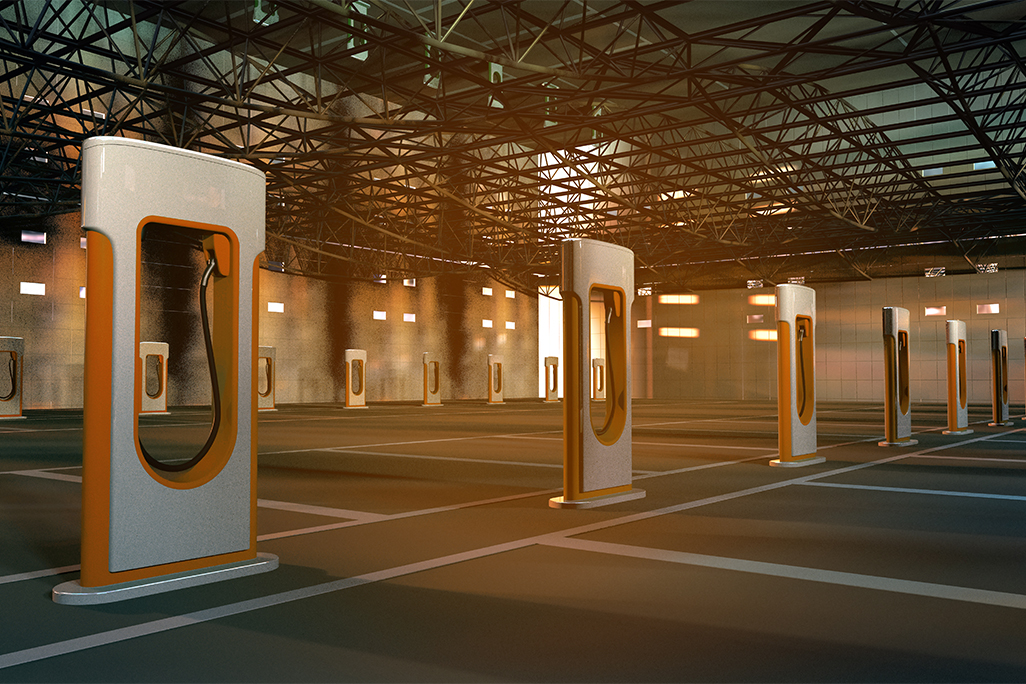What's holding back UK green consumer finance? A financial services perspective
Published on 30th Sep 2024
What is green finance, why is it needed and what are the challenges?

There is no single definition of green finance in the UK. Instead, it describes financing which relates to, or benefits, the environment in some way.
Typically, it is used in broadly two ways. Firstly, it can refer to financing that pays for goods or services that improve environmental outcomes. For example, financing an electric vehicle or solar panels on a house. Secondly, it can be financing where the financing itself – rather than what the financing is paying for – has a positive impact on environmental outcomes. For example, a lender promises to plant a tree for every loan taken out with them.
This Insight focuses on green finance that pays for goods or services that improve environmental outcomes.
Why green finance?
People are being encouraged by the government and others to "go green" by, among other things, switching to an electric vehicle (EV) and retrofitting their homes to make them more energy efficient.
Linked to this, the purchasing of "greener" goods such as an EV, an air-source heat pump or solar panels can be expensive. Financing, therefore, needs to be available for people who either cannot afford to pay for these goods outright or who do not want to pay for them outright.
Consumer and lender challenges
Challenges for green finance can be looked at through the lens of both the consumer and the lender.
From a consumer perspective, research on consumer attitudes towards greener homes suggests that demand to make homes more energy efficient is there, but the cost, availability of financing and disruption in making home improvements are acting as barriers. Demand for EVs is also increasing. As at the end of July 2024, there were nearly 1.2 million fully electric cars on UK roads (increasing from less than 250,000 in 2020). However, the initial cost of purchasing an EV is often more than buying an equivalent petrol or diesel vehicle.
From the lender's perspective, the picture is different. In the UK, the general position is that providing finance to an individual, or hiring goods (like an EV) for longer than three months, triggers two sets of requirements.
Firstly, there is a requirement to be authorised and regulated by the Financial Conduct Authority (FCA). Secondly there are strict conduct, process and documentation requirements under the UK's regulatory regime, including the Consumer Credit Act 1974 (for unsecured lending and hiring goods) and the wider FCA Handbook more broadly for unsecured lending, mortgages and the hiring of goods.
Osborne Clarke comment
Demand for green finance is on the rise, and more firms will be considering moving into this area.
While remaining authorised and complying with the relevant requirements requires a very significant ongoing commitment from existing lenders, becoming FCA authorised for the first time and grappling with the complex and changing regulatory regime is a major barrier for firms wishing to enter the green finance market.
| This Insight is the first in a three-part series looking at the UK green finance market from a financial services perspective. In the next instalment, we explore the practical issues facing green finance, including regulatory blockers. |
















